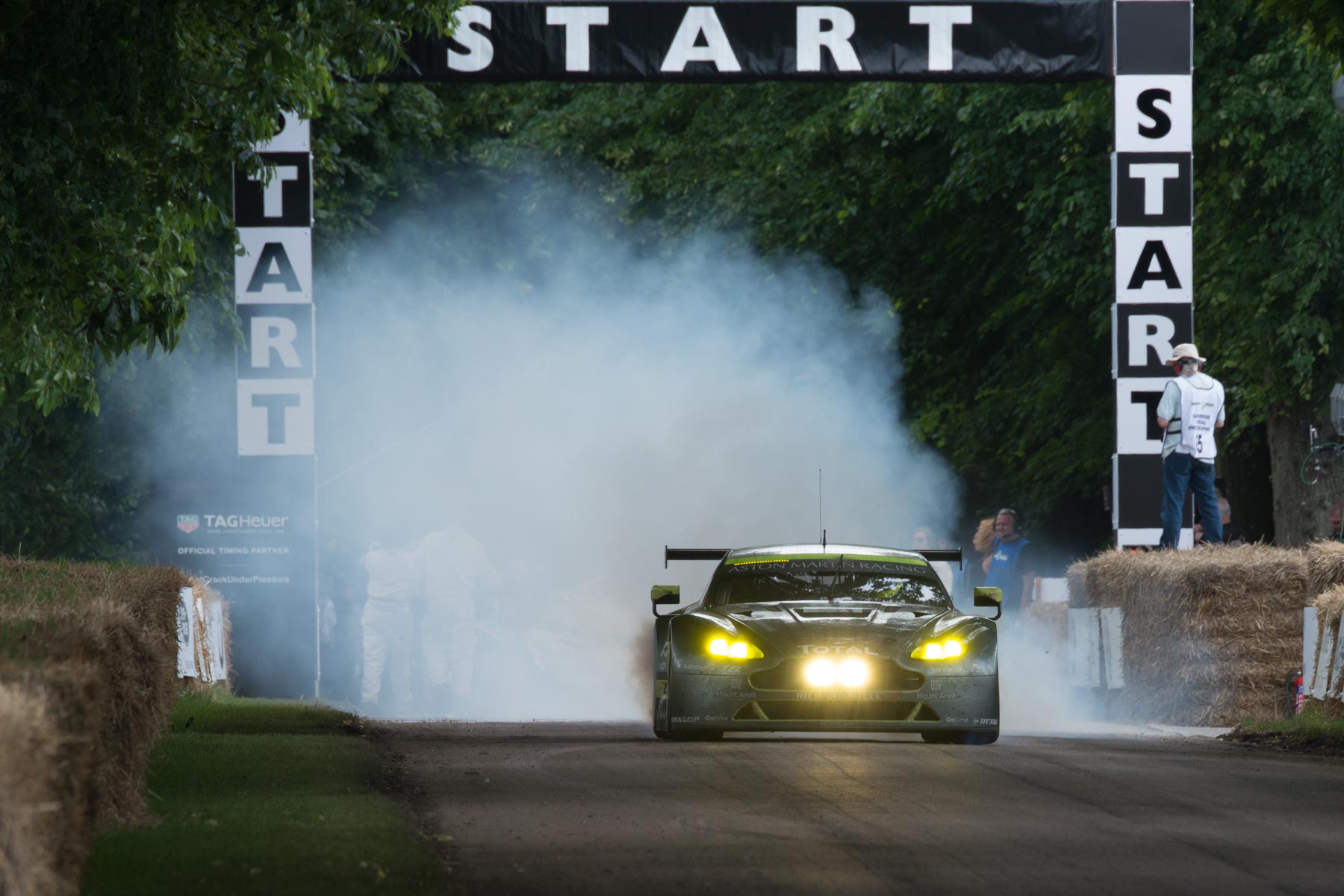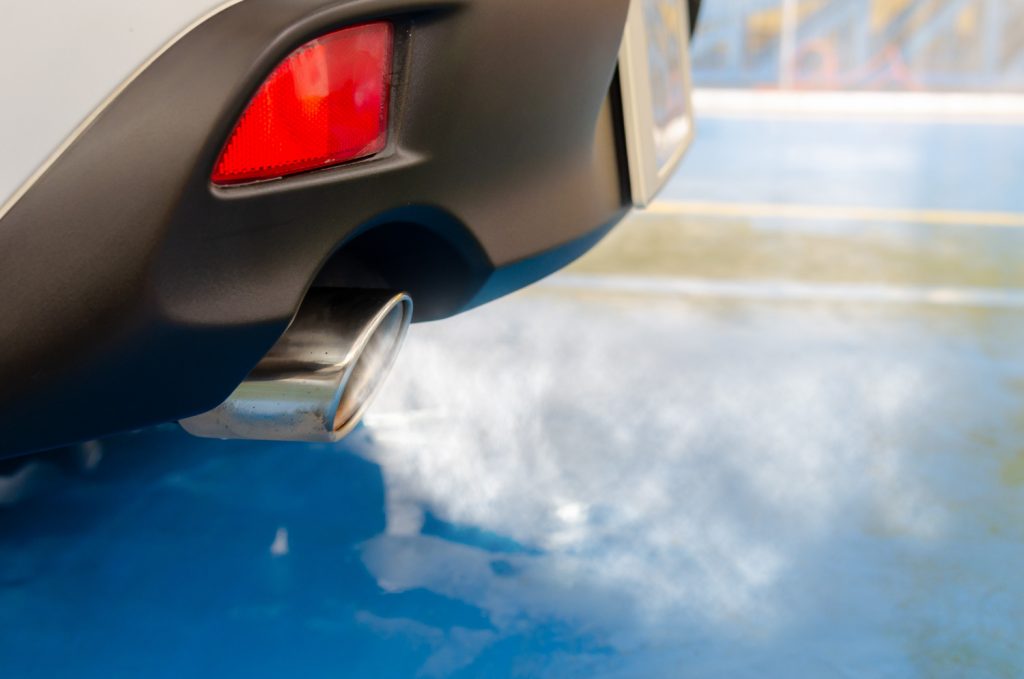
Ever since the launch of the LEZ in Antwerp on 1 February 2017, this system has caused controversy. Actually, this leaves almost no one untouched, but the oldtimer enthusiast is the most severely tackled.
The environment is important to everyone
That something needs to be done about the environment and its pollution seems to me to be an obvious fact. I do not think that anyone would disagree with that. After all, we only have one planet and there are not many escape routes at the moment. So if we think about our descendants, we will have to take action. But preferably in a serious way and not like we are doing now.
LEZ & Money Gain

I have never really understood the system of a LEZ. Let’s take Antwerp as an example. To enter the LEZ zone, your petrol car currently needs to have at least Euronorm 2 and your diesel needs to have Euronorm 5. If you have a diesel with Euronorm 4 then it is still allowed to enter if you pay an annual fee of €365. The LEZ in Antwerp alone has brought in over 40 million Euros since its inception. The large majority of this income comes from fines, which, if you are a repeat offender, can amount up to € 350 per infringement! Would they have used all that to plant trees?
The O plate and smoking stoves
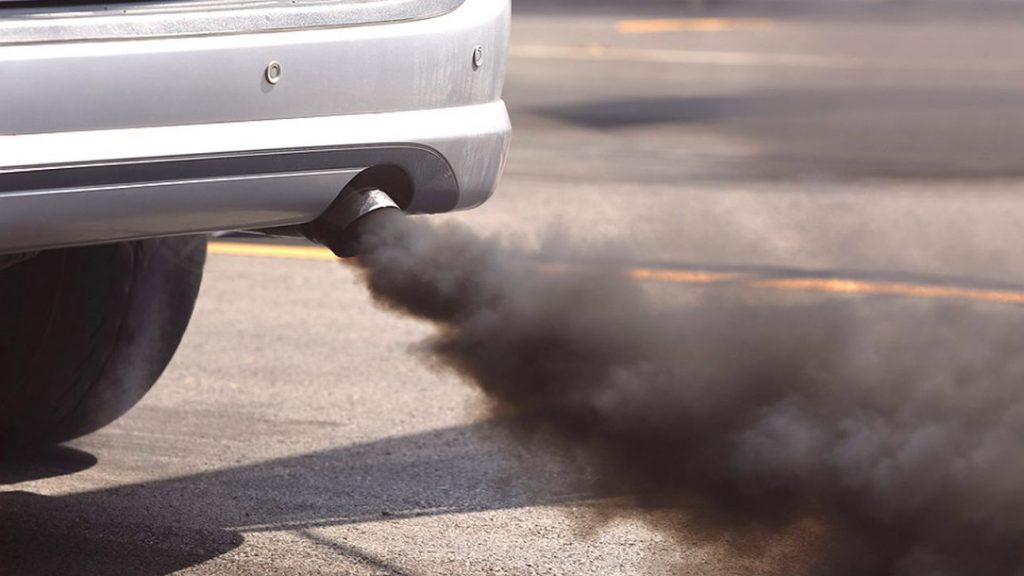
Actually, I also think that the O plate system is wrong. Personally, I do not know a single old-timer owner who, apart from his or her old-timer, does not own at least one other normally registered car. The abuse of the O plate could therefore be tackled quite easily. A good rule could be that you cannot obtain an O plate if you do not have another normally registered vehicle.
In this way, they could remove many of these sooty engines from the streetscape. The problem is not with the old-timer enthusiast, but with the people who put an often ancient diesel on an O plate and drive it to work every day.
Barely 950 miles a year
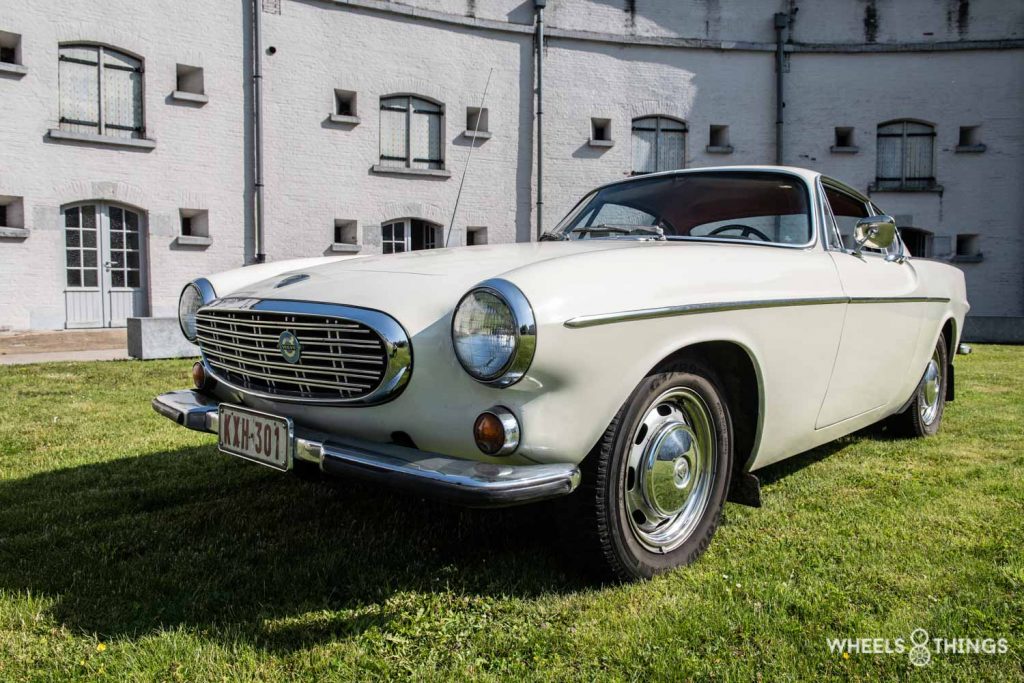
Most vintage cars do less than 950 miles a year. Most of those miles are driven outside urban areas. So why the harassment because you want to have a drink on a terrace in the city after a drive?
It is, by the way, completely incomprehensible to most of us that just about any city can play it smart on its own. They just do something, in Ghent it is like this, in Antwerp it is like this and in Brussels it is different again. How difficult can it be to draw a line in this? Follow the example of Brussels and create clarity for everyone.
The recent reaction of the Ghent city council again shows the ostrich policy. In the judgment of the Council of State of 1 February this year, it is stated that the city may no longer make a distinction between young and old old-timers. In response, the green board is now denying access to all old-timers. Unless you pay of course, because 8 times a year your oldtimer is not polluting….
Hypocrisy
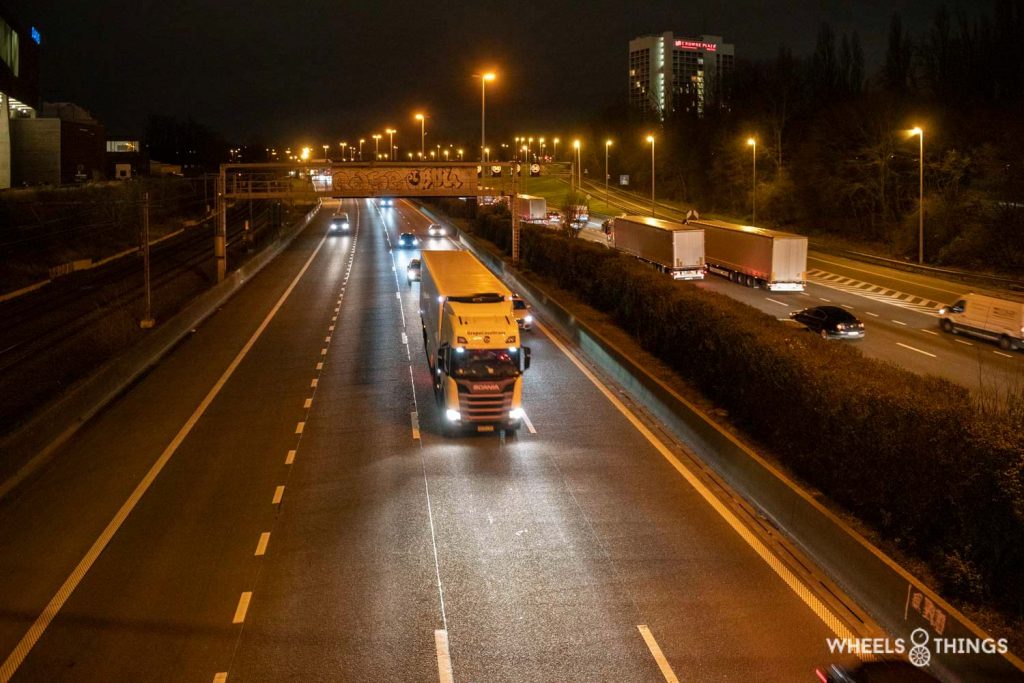
By the way, how hypocritical can you be as a city to stop your LEZ zone right next to the Antwerp ring road? Every day, 260,000 cars with whatever Euro standard pass through there. Do they think that the (polluted) air will stay nicely above it?
And as for Ghent, after two years they still do not know whether the LEZ also has an effective result, because it appears not to be measurable (Source: De Standaard, December 2021).
BEHVA
The BEHVA (Belgian Historic Vehicle Association) stands up for the interests of old-timer owners. They have already taken numerous legal steps against the various LEZ regulations. The BEHVA pleads for all cities to be equal in their regulations. The European Commission published recommendations in 2017 arguing for old-timers to be exempt from urban access regulations such as an LEZ. By the way, the European definition refers to vehicles older than 30 years.
Conclusion

To conclude, I return to the first part of my text. Caring for the environment is good and necessary. But do it consistently and tackle industry, shipping, aviation and all other polluters as well. Then at least the old-timer enthusiast will feel less threatened. To be continued, no doubt.
Report: Patrick Verheeken
